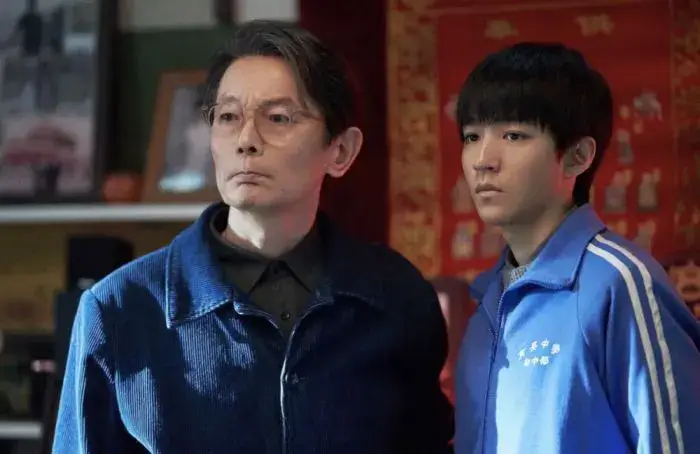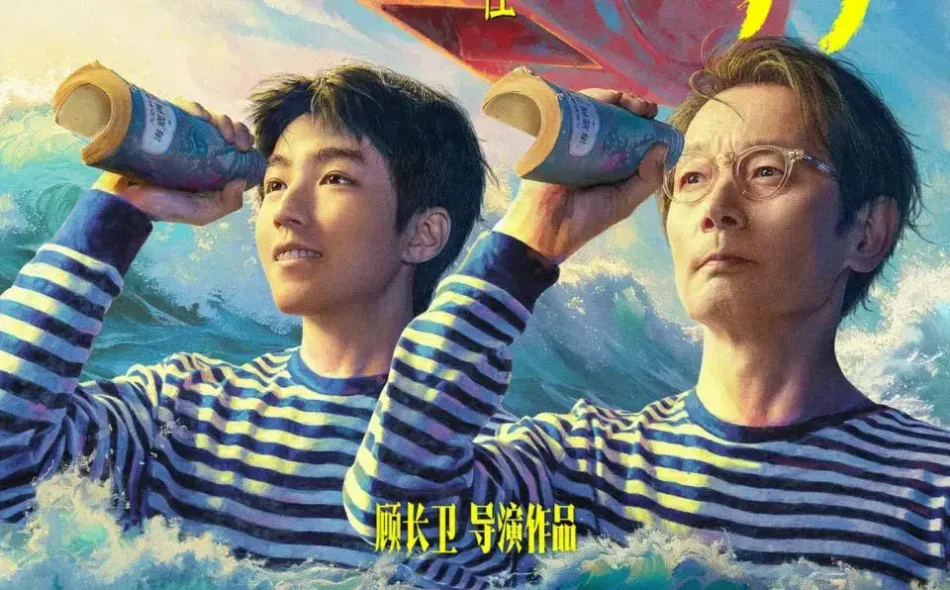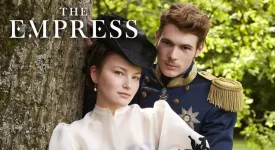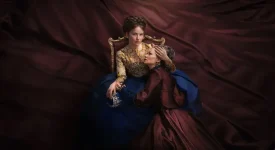(may contain spoilers)
Douban rating: 7.3
Director: Gu Changwei
Starring: Ge You, Karry Wang, Li Ping
Douban Comments: “Karry Wang completely understands Zhou Zheng’s feelings of being “out of place” and his pain. The adult world, with its societal standards, feels like a cage with too many rules. Like a young, inexperienced hedgehog, he stumbles and crashes, but even if he hits walls and gets hurt, he still tries hard to keep going and live fully. Karry Wang makes Zhou Zheng’s character come alive, valued, and not wasted or overlooked. If life gets you stuck, be brave and keep going like a hedgehog that refuses to give up – keep charging forward, towards freedom and light.”
“Ge You’s performance is mainly in the first half of the film, while Karry Wang’s is more focused in the second half. The movie revolves around two characters who are seen as “abnormal” by others, using their relationship and actions as the main entry point. Ge You’s acting elevates the entire film, with the black-and-white scenes at the beginning showcasing his top-tier skills, living up to his self-proclaimed title as the best mainland actor. Karry Wang’s performance later on is also quite good, especially in the scenes with Ren Suxi at home and the noodles scene that he helped design.
Both male leads have well-developed characters. Ge You’s acting is undoubtedly excellent, and Karry Wang has shown significant improvement compared to his previous roles. For me, the only downside is the repetitive scenes where both characters are mistreated by their families and Ren Suxi’s recurring role as a fortune-teller-like character, which I found annoying, though it did add some tragic undertones to the story.
Ge You’s scenes end abruptly, and Zhou Zheng (Karry Wang’s character) resolves the situation in the end. Overall, the film is of high quality, and it feels like director Gu Changwei has returned to the level he had when he made Peacock. I think the film deserves a Golden Goblet Award. Also, the end credits song performed by Ge You and Karry Wang is great!”

“This is a very typical work of Gu Changwei, as he often focuses on “outsiders” who bear the weight of society’s gaze amid the tides of changing times. From the young woman passionate about music, to the doomed lovers in the AIDS village, and now to this unlikely pair of an older man and a younger one, these characters often resist mediocrity but are helplessly trapped in it. Through the way he shapes his characters, the director subtly points to society and the times as the root of their struggles. It’s society that’s “sick”, yet it’s the individuals who pay the price.
Zhou Zheng’s final line, ‘I don’t forgive’, is not only a rebellion against his family but also a protest against broader societal prejudice. Wang Zhantuan and Zhou Zheng mirror each other – Wang Zhantuan, who has never seen the ocean, finally manages to escape and disappears into the crowd; Zhou Zheng grows through his pain and eventually sails across the sea, fulfilling his uncle’s unachieved dream.
There are many ‘Wang Zhantuans’ in this world, individuals who spend their entire lives bearing the pressure and humiliation of being ‘mediocre’, stuck in many places in life, unable to move forward. But spring always comes, and the peacock will eventually spread its feathers. Hopefully, none of us have to become like Wang Zhantuan, and at the same time, we all aspire to truly live as he does in the end.”








